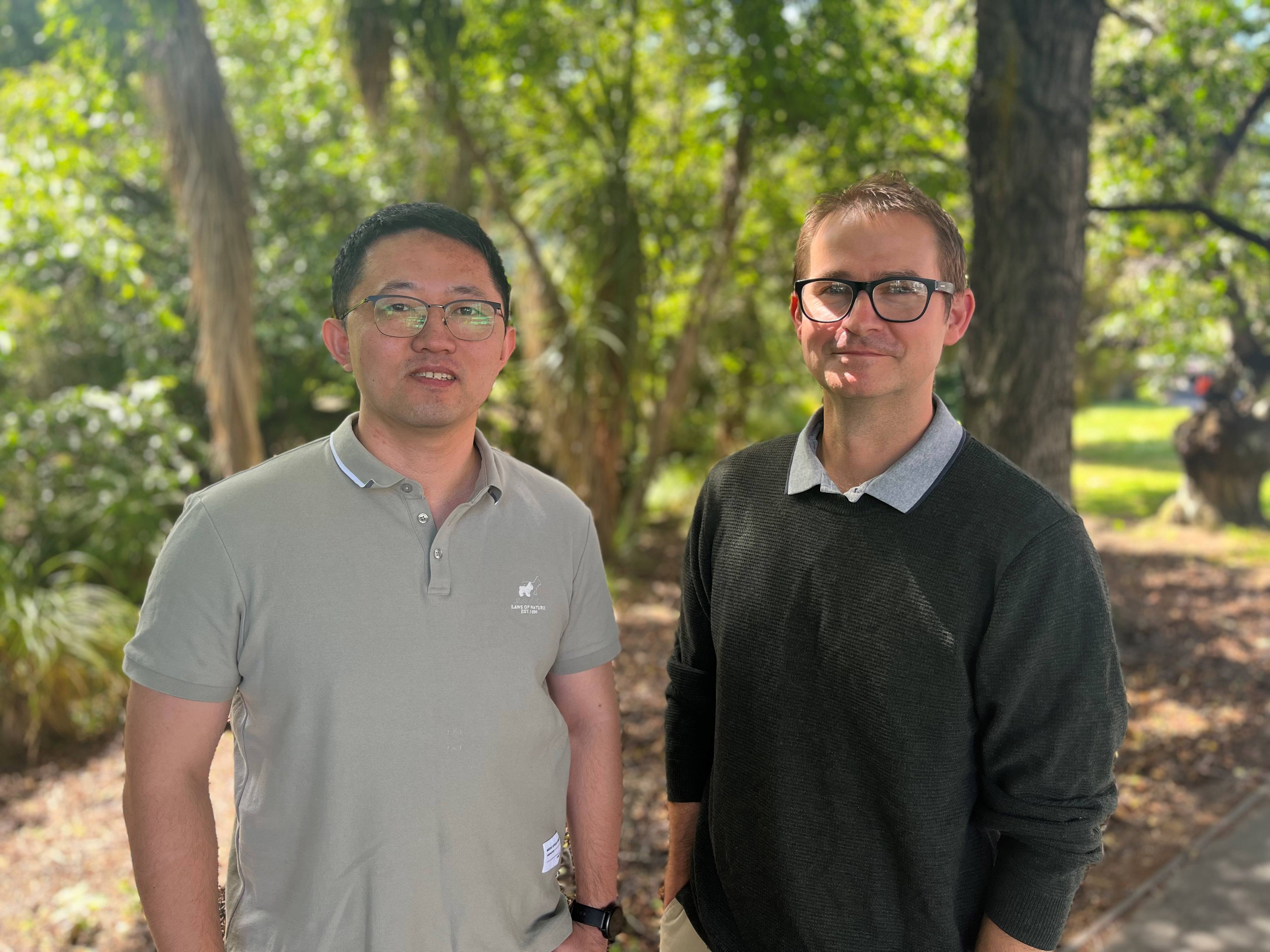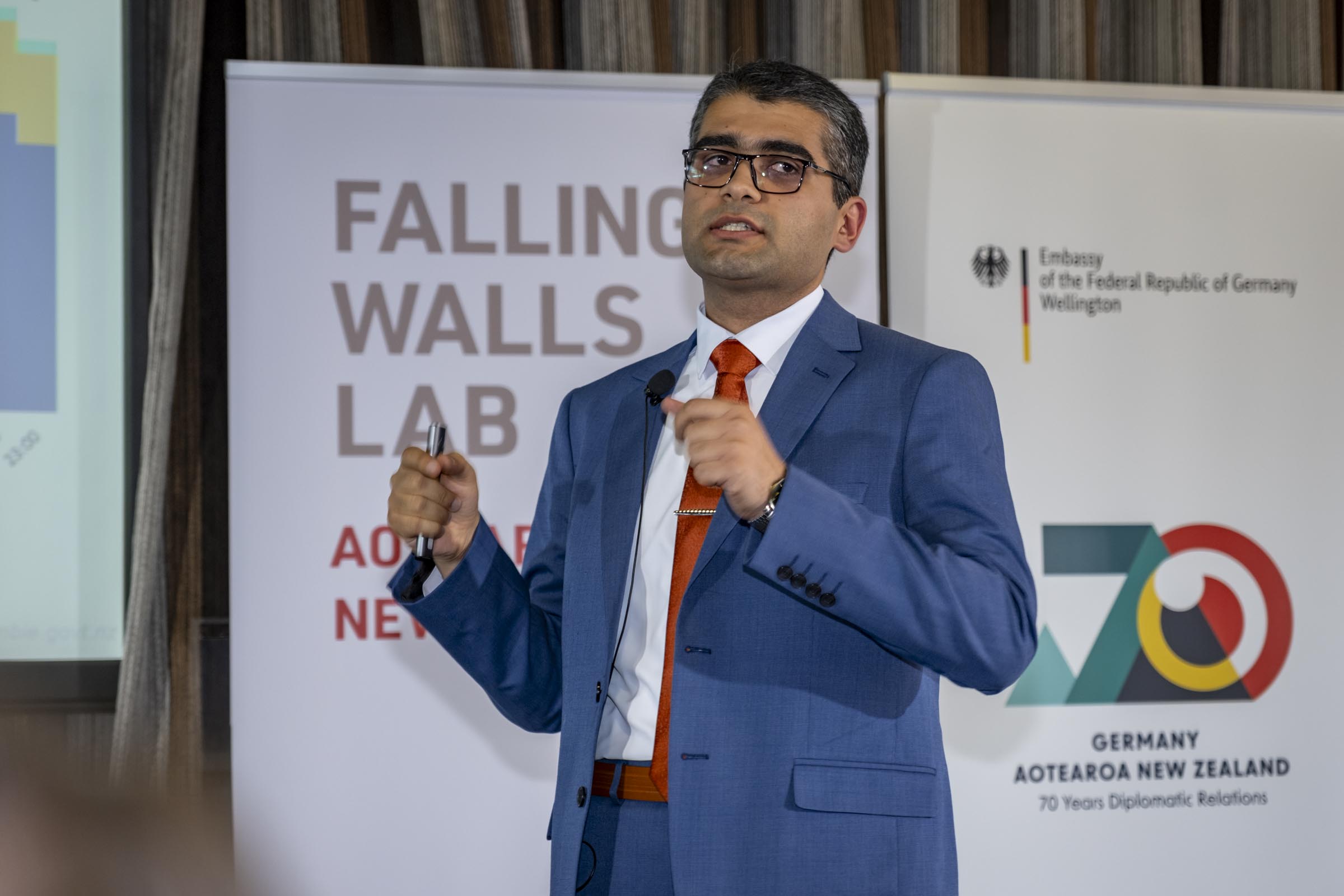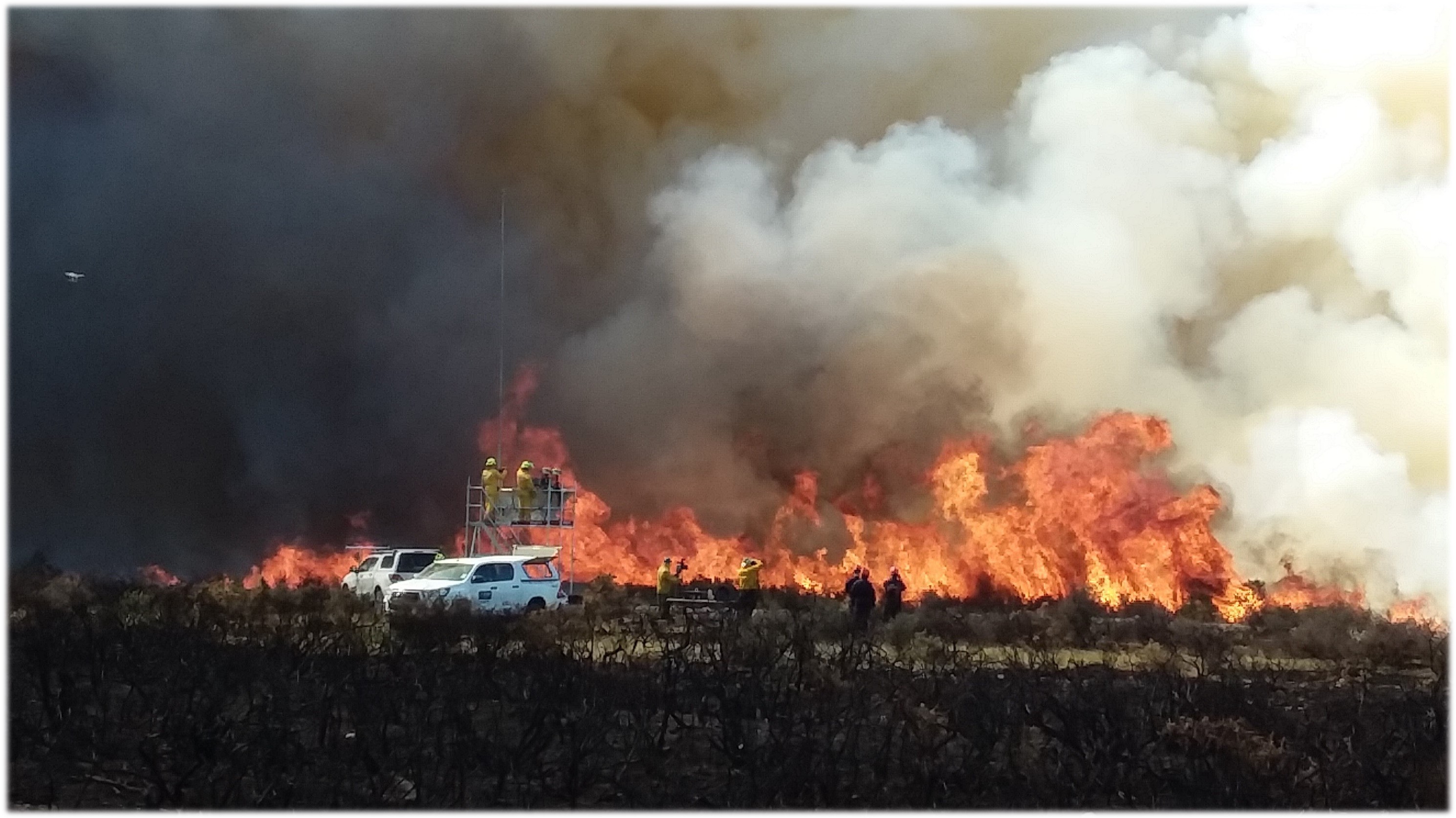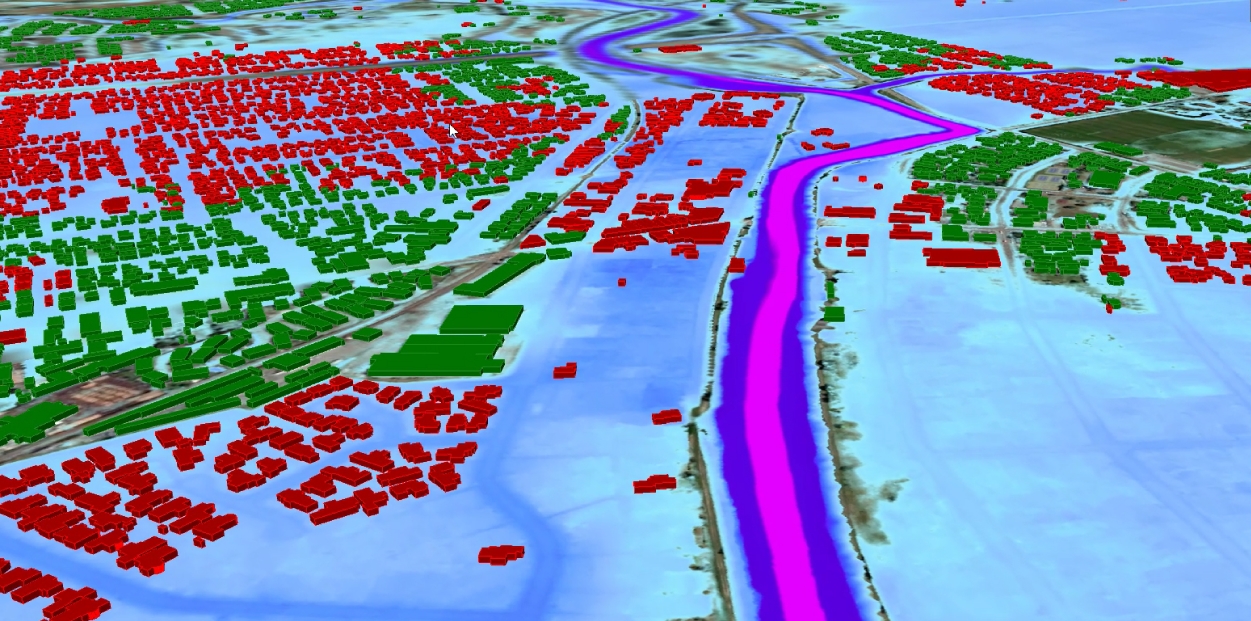University of Canterbury Pro-Vice-Chancellor of Sustainability Professor Jan Evans-Freeman says the time is right to share knowledge and action plans across global networks.
“The University of Canterbury remains committed to impactful reductions of our own carbon footprint and we recognise the importance of this year’s discussions at the international COP26 conference in Glasgow. We join a number of universities in Australia who have signed up to this agreement, and we are currently the first in Aotearoa New Zealand to join the movement.”
Race to Zero calls on non-governmental organisations across education, health, cities and companies to take immediate action to create a healthier, fairer zero carbon world, before it’s too late.
The University’s carbon reduction plans are to be carbon net neutral by 2030 – for more about our plans, see University of Canterbury to be carbon neutral sooner with $2.16m funding boost.
“Through Race to Zero we can support a worthy global initiative and reaffirm the important role universities play, plus we can learn from what other universities are doing in terms of their commitments, action plans, and progress reporting,” Professor Evans-Freeman says.
Race to Zero’s criteria to join the ‘starting line’ for the race includes ‘4 Ps’:
- Pledge: at top level to contribute to supporting 4 billion people from vulnerable groups and communities to be more resilient to climate change by 2030.
- Plan: Within one year of joining the Race, use the best knowledge and scientific evidence to develop and share a clear plan to take action towards this commitment with interim targets and milestones.
- Proceed: Take immediate action toward achieving the commitment in support of the Race to Resilience, consistent with delivering the targets specified.
- Publish: Commit to publicly report progress against interim and long-term targets at least annually, starting at COP26, in line with the Race to Resilience metrics framework.











